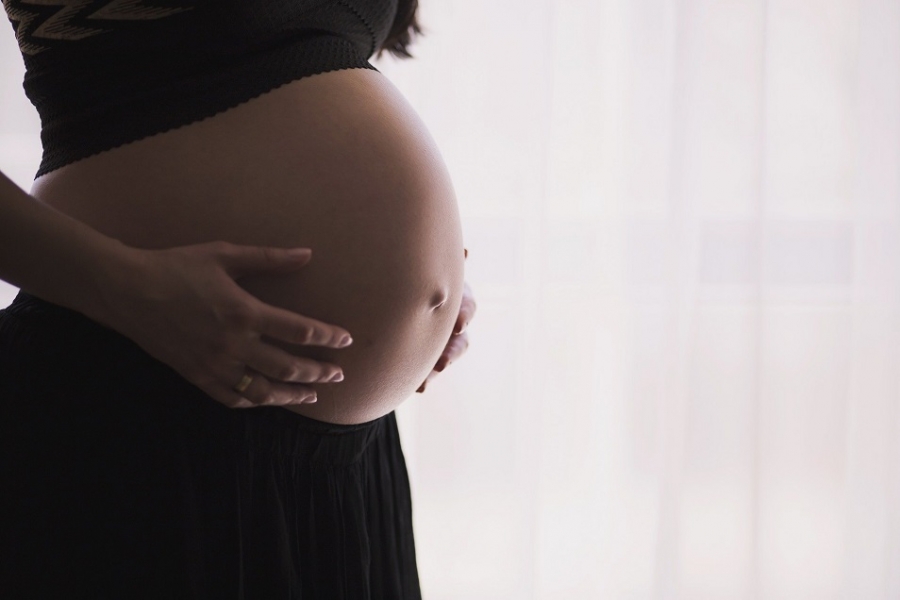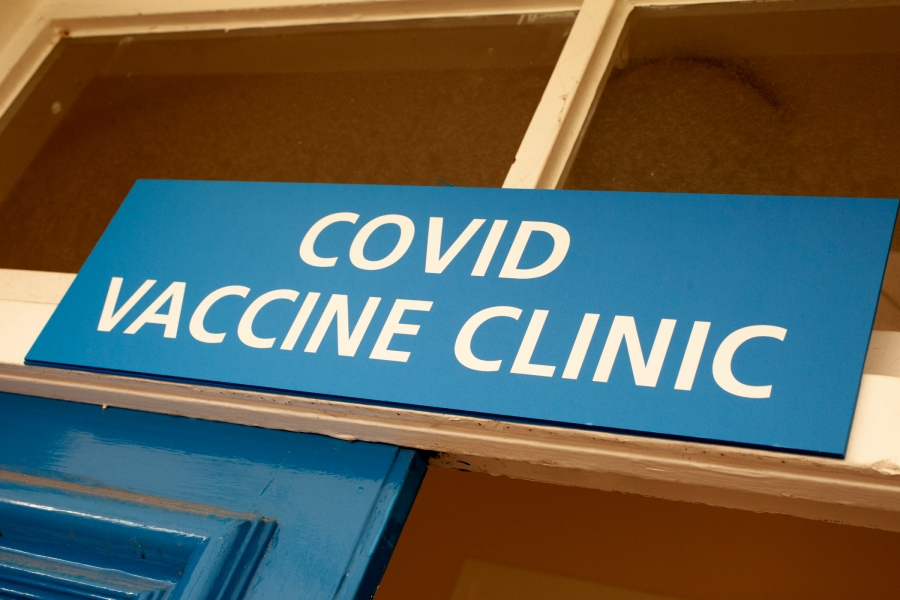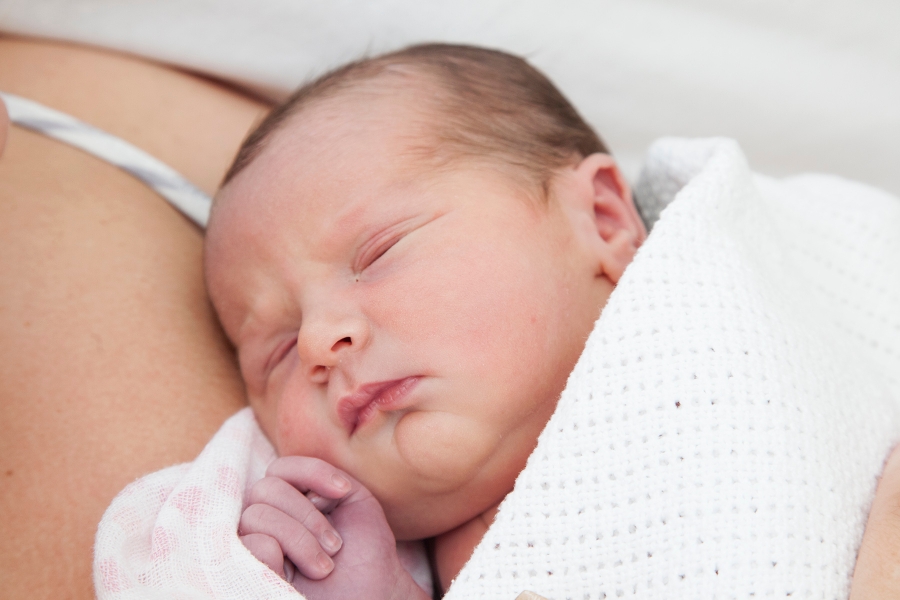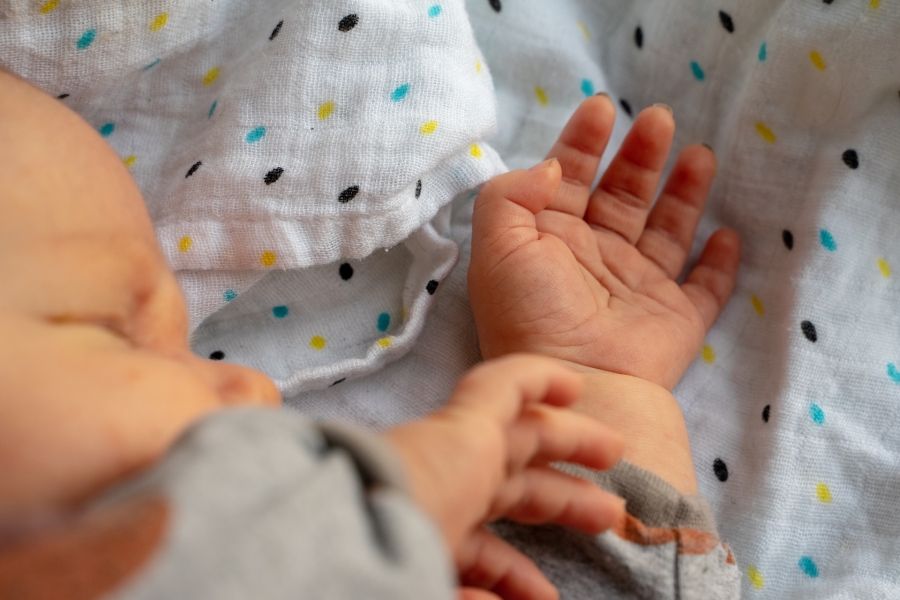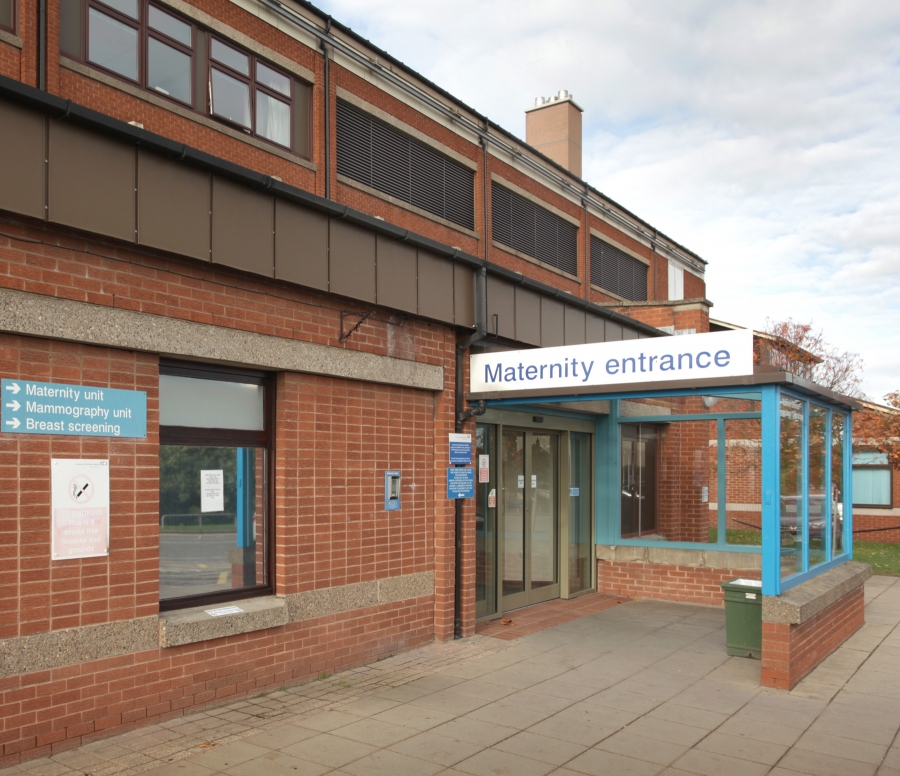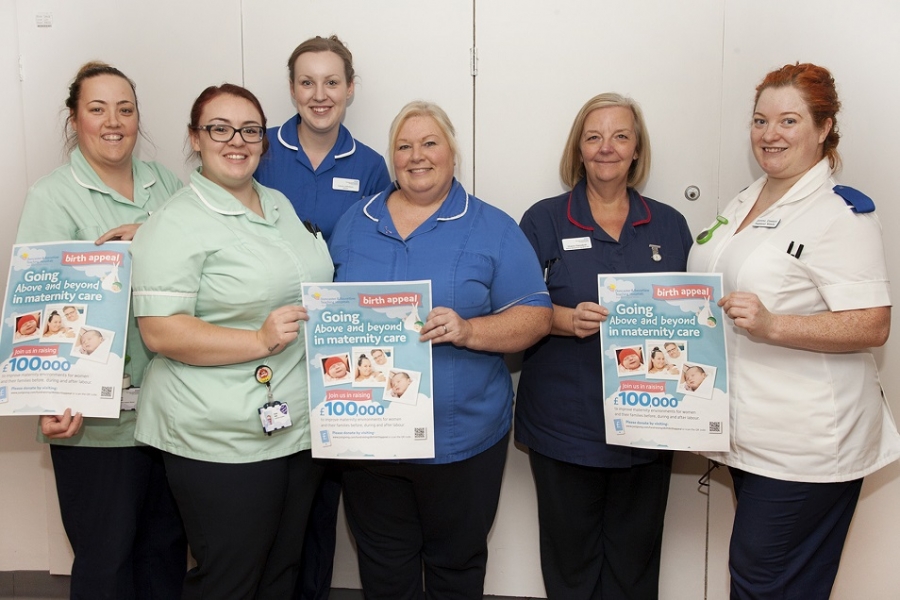About the Local Maternity and Neonatal System in South Yorkshire
Maternity services are a key part of the healthcare system in South Yorkshire, supporting women and birthing people from pre-conception to pregnancy, through birth, and into early parenthood. In fact, 15,630 babies were born here in 2023.
The South Yorkshire Local Maternity and Neonatal System programme team is part of NHS South Yorkshire. We work with partners and NHS trusts across the region to improve these services for women, birthing people, their babies, and families. This includes five maternity units based in Barnsley, Bassetlaw, Doncaster, Rotherham, and Sheffield.
Our vision is for maternity services across South Yorkshire to become safer, more personalised, kinder, and more family friendly; where every woman or birthing person has access to information to help them to make decisions about their care; and where they and their baby can access support that is centred on their individual needs and circumstances.
“My labour was induced; I had experienced this before with my first baby so knew what to expect. Even still, my midwives were amazing, explaining each thing that was happening and making sure that I was OK during it.”- South Yorkshire service user
In May 2023 the national three-year maternity delivery plan was launched by NHS England. As an LMNS, our work is centred around the delivery plan, and we work with all five maternity units in South Yorkshire to help them deliver on these actions. You can read the delivery plan here.
Improving care for all – Equity and Equality action plan
In September 2022 we wrote our five-year equity and equality action plan. This sets out how we will improve equity for mothers and babies. The plan focuses on improving services for those from Black, Asian, Mixed and minority ethnic backgrounds, those living in the most deprived areas and those that we know are more likely to have poorer experiences in the healthcare system. We will also aim to improve equity and equality for the staff working across our services.
This plan will be reviewed and updated every year to show how we are doing this and include any new or updated information. You can read our five-year equity and equality action plan here.
Meet the LMNS Programme Management Office (PMO) team
The LMNS PMO team work closely with colleagues across South Yorkshire to make continuous improvements to our maternity services.
- Jodie Deadman – Programme Director
- Tracy Hoggarth – Midwifery Clinical Lead
- Karen Selby – Obstetric Clinical Lead
- Cath Smith – Neonatal Clinical Lead
- Jacqui Yeates – Transformation Lead Midwife
- Abbey Harris – Maternity and Neonatal Independent Senior Advocate (MNISA)
- Hayley McGovern – Service User Voice Lead
- Sophia Peart – Maternity & Neonatal Voices Partnership (MNVP) Strategic Lead
- Rachel Barker – Data Analyst
- Ceris Harrison – Project Coordinator
- Lauren Wardle – Senior Project Support Officer
To contact the LMNS team, please email: syicb-sheffield.syblmspmo@nhs.net
To join SY LMNS’ NHS Futures Platform workspace, please click here: South Yorkshire LMNS - FutureNHS Collaboration Platform
Maternity and Neonatal Independent Senior Advocate
In March 2024, as part of a 1-year pilot, the LMNS launched a new role to support families, the Maternity & Neonatal Independent Senior Advocate (MNISA). Their role is to support women and families who have had a distressing experience during their maternity or neonatal care.
The MNISA will support them and make sure that their voices are heard by the services involved in caring for them or their baby. You can find out more about the MNISA role in South Yorkshire here.
Maternity and Neonatal Voice Partnerships (MNVPs)
In the past 12 months, guidance for Maternity Voice Partnerships (MVPs) has been published, recommending a move towards becoming Maternity and Neonatal Voice Partnerships (MNVPs).
In South Yorkshire, two out of our four MVPs have become MNVPs, with the other two moving towards this over the next year. All of our MVPs / MNVPs are working with the Parent and Family Engagement Lead from the Yorkshire & Humber Neonatal Operational Delivery Network (ODN) to make sure the voices of neonatal families are heard. Over the next year, we will test a new model to further develop the role of our partnerships.
Neonatal Parent and Families Engagement Lead
The Neonatal Operational Delivery Network’s (ODN) Parent & Family Engagement Lead works closely with all 19 neonatal units across the Yorkshire and Humber ODN to make sure the parent voice is heard and embedded in neonatal service developments and improvements. Working with the MNVP Leads, they support all parents to have a voice and be involved in the coproduction of resources, pathways and guidance.
Find out more about the Neonatal ODN and access helpful resources for parents here: Yorkshire & Humber Neonatal ODN - NHS Networks


